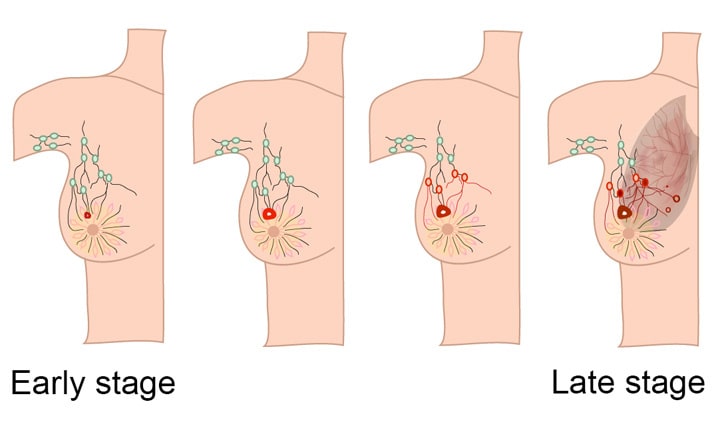- Home
- Urogynecology
- Prolapse

Prolapse Treatment - Pelvic Organ Prolapse Repair
Vaginal prolapse is the loss of support to the pelvic organs that surround the vagina. This ends up in the bulging (dropping) of the bladder, urethra, rectum or uterus into the vagina. It may also be associated with urinary incontinence (leaking of urine on cough or any other stressful movement) or fecal incontinence (leaking of stools).
What are types of prolapse?
Prolapse will involve any of the walls and/or the top of the vagina. The types include:
Prolapse of the anterior compartment: This is often foremost common type and involves the herniation of the bladder and/or the urethra into the vagina. This is called as a cystocele or a cysto-urethrocele.
Prolapse of the posterior compartment: This involves the hernia of the rectum into the back wall of the vagina (called as a rectocele).
Prolapse of the apical compartment or the top of the vagina: Two Types of Prolapse are:-
- Uterine prolapse: This happens once the uterus herniates into the vagina. This is often the second most common kind of prolapse.
- Vaginal vault prolapse: This happens following hysterectomy. The highest of the vagina may lose its support and invert into the vagina like a stocking everted inside out.
The severity of prolapse will vary from a small hernia to a bulge that comes out of the vagina.
How common is prolapse?
Prolapse is probably going to have an affect about 1 in 3 women who have had children. However prolapse varies in severity and only 1 in nine females (11%) may need to undergo surgery for the problem.

What are the causes of prolapse?
» Pregnancy and childbirth
» Aging and the hormonal
» Genetic factors
What are the symptoms of prolapse?
Many patients are asymptomatic. The symptoms include
» A feeling of a vaginal bulge or a lump in the vagina sometimes extending outside the vagina
» Discomfort while sexual intercourse
» A dragging sensation in the vagina and lower back
» In case of cystocele, urinary symptoms can co-exist like slow urinary stream, a feeling of incomplete bladder emptying, urinary frequency or urgency and stress urinary incontinence.
» In case of a rectocele, internal organ symptoms can co-exist such as difficulty emptying the bowel or the need to press on the back wall of the vagina to pass stools.
How can prolapse be treated?
Your doctor can perform a radical physical examination including the vaginal examination to understand the extent and reason behind the matter and also the specific support defect.
There are a variety of non-surgical and surgical treatments offered for prolapse.
Non-surgical treatments include:
» Physiotherapy
» Pessaries
When the prolapse is left untreated, it will get more and more worse, and should eventually need surgical intervention.
Surgical treatment:
Our goal is to spot and address surgically all sites of weakness within the vaginal wall, thereby minimizing the risk of recurrence. These state-of-the-art operative repairs are often combined with repairs for urinary incontinence and fecal incontinence.
Though most surgical repairs are performed through the vaginal route, a laparoscopic repair is going to be performed for select cases, for example, recurrent prolapse after vaginal hysterectomy.
There are two types of surgery for treating this problem
» Obliterative surgery
» Reconstructive surgery

